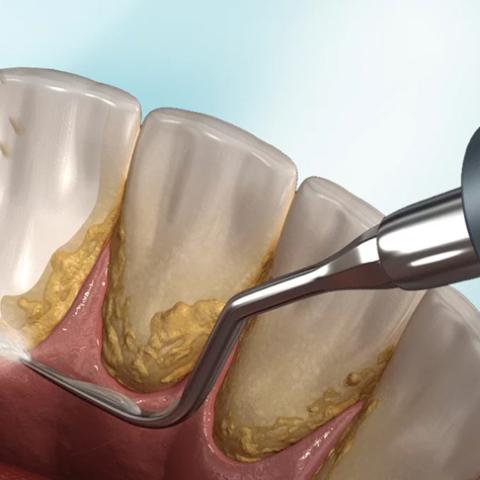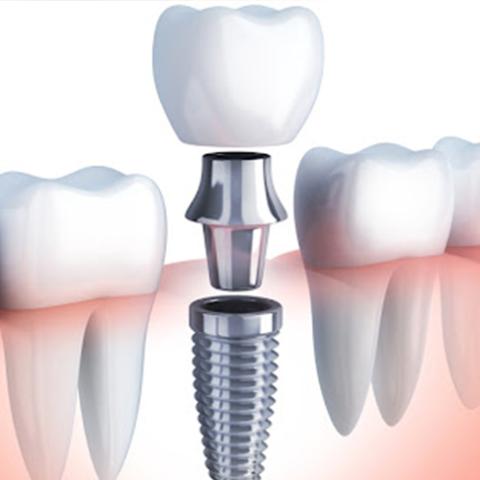Dental Bridge
When one or more teeth are missing, a dental bridge is a compromise between dentures and implants. As the name implies, a dental bridge is meant to bridge a gap left by missing teeth. A bridge is usually anchored to natural teeth at both ends of the gap and may be made of one or more false teeth called pontics. In some cases, a bridge may be attached to an implant for greater security and stability. A bridge is often made of porcelain to look like natural teeth and must be brushed and flossed regularly. Special flossing aids called threaders may be necessary to get floss between the bridge and the gum line.
Here’s the typical process for getting a bridge:
- At the first appointment, the anchor teeth on either side of the bridge are filed into shape and a mold is made of your mouth. A temporary bridge may be made to fill in the gap while a permanent one is made within a couple of days.
- At the second appointment, the permanent bridge is fitted into place. Any necessary minor adjustments are made so that the bridge looks natural and works with your natural bite. The bridge is then cemented into place.
- A well-made bridge can last for decades, but 5 to 15 years is a reasonable expectation.



